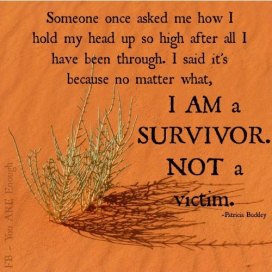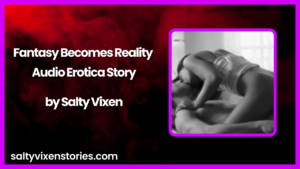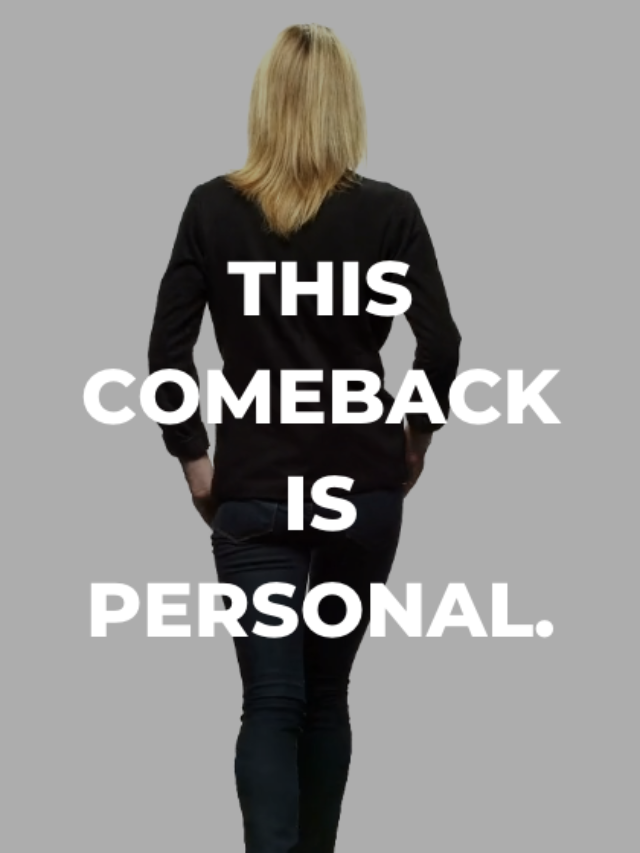
Anyone who has spoken to me in any depth on the topic will have heard me use the word “survivor” when describing individuals who have experienced childhood abuse, sexual trauma, or any kind of interpersonal violence. Some people have asked me, why do I choose to use the term “survivor” over the more commonly used term “victim”? And why’s the distinction so important anyway?
Let us see what the dictionary has to say on the matter:
vic·tim: one that is acted on and usually adversely affected by a force or agent; one that is injured, destroyed, or sacrificed under any of various conditions; one that is subjected to oppression, hardship, or mistreatment.
sur·vi·vor: one who lives through affliction; one who continues to function or prosper in spite of opposition, hardship, or setbacks.
Immediately, you can see some major differences. A victim is defined by the harm that has come to them; a survivor is defined by their life afterwards. A victim has been destroyed and mistreated; a survivor has continued to live and prosper despite having been victimized. A victim is powerless, at the mercy of others; a survivor has reclaimed their power.
I strongly believe that the language we use has a significant impact on how we view ourselves and the world. Using the word “victim” to describe someone diminishes their strength and resilience. It keeps focus on their traumatic experiences instead of everything that they have accomplished since then. For many survivors of trauma, simply going about their day-to-day routine takes incredible reserves of strength and determination!
Some people will toss about the phrase “victim mentality” when describing someone, a description which seems to pass judgment on that individual’s feelings of disempowerment and blame them for feeling stuck. It isn’t easy to just unstick yourself from feeling powerless, especially when those feelings have been with you for years. The first step in reclaiming your power is to recognize that you have lost touch with your power, but not lost it entirely; that just because you don’t know how to get it back doesn’t mean that getting it back is impossible; and that you need help.
Asking for help in finding your power again is not a sign of weakness or victimhood– it is the first step in declaring that you have survived your traumatic past, and that you refuse to stay stuck.




















